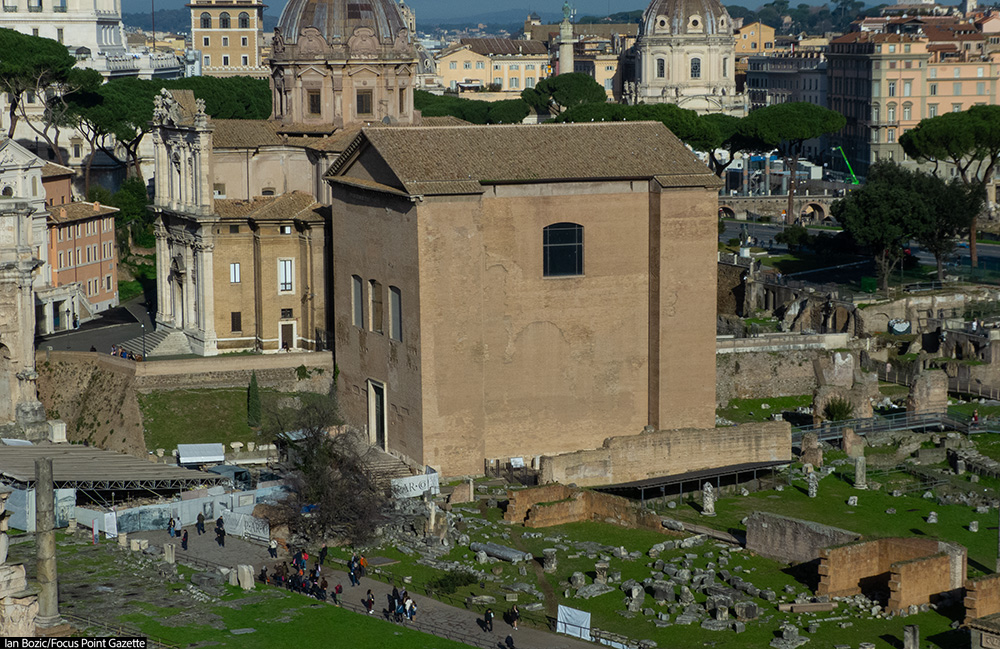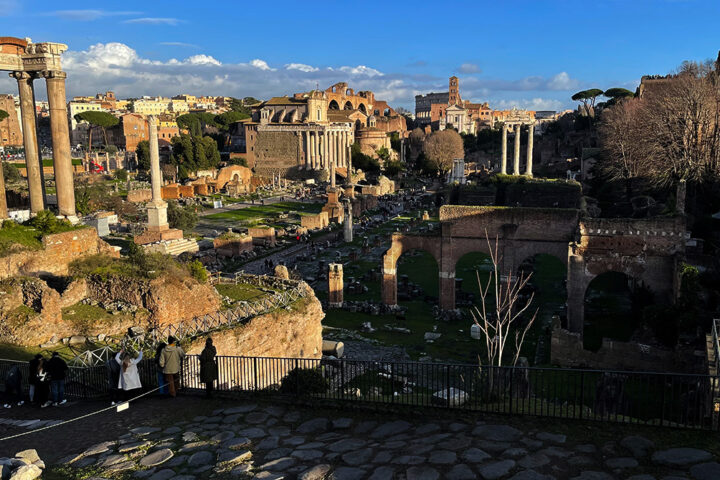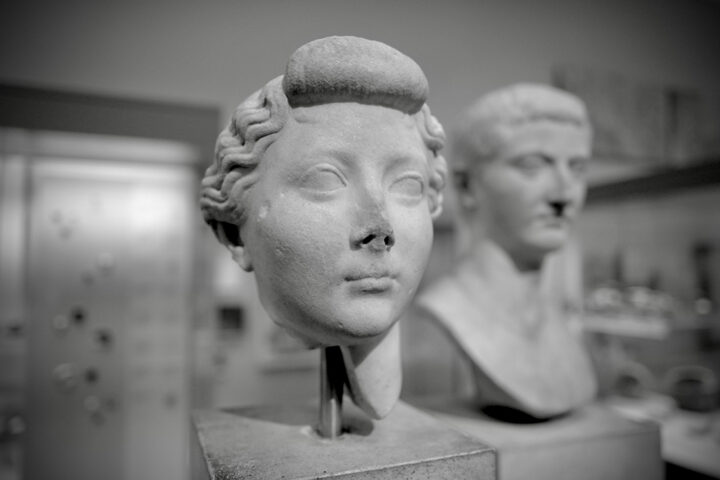The Roman Senate, often romanticized in popular culture as the epitome of ancient political wisdom and power, played a pivotal role in the governance of the Roman Republic. With its origins dating back to the early days of the Roman Kingdom, the Senate evolved over the centuries to become a central institution in Roman political life. Understanding how the Roman Senate operated provides valuable insights into the dynamics of power and decision-making during this influential period of history.
The Roman Senate serves as a fascinating subject of study for historians, political scientists, and enthusiasts of ancient civilizations. By delving into its inner workings, there is a wealth of information to uncover about the governance, culture, and values of the Roman Republic.
Established as an advisory council to the early Roman kings, the Senate underwent significant transformations following the establishment of the Roman Republic in 509 BC. Composed primarily of aristocratic men known as senators, the Senate wielded immense influence in matters of legislation, foreign policy, and the appointment of magistrates. Unlike modern democracies, where representatives are elected by the populace, senators in ancient Rome were largely appointed based on their social status and achievements.

Structure of the Roman Senate consisted of around 300 members at its peak, although this number could vary over time. Senators were typically drawn from elite Roman families, known as patricians, who held hereditary privileges and status in Roman society. While the exact criteria for senatorial membership evolved over time, wealth, ancestry, and political connections were key factors in determining who could join the ranks of the Senate.
The Roman Senate played a multifaceted role in the governance of the Republic. One of its primary functions was to advise magistrates, particularly the two consuls who served as the highest elected officials in the Roman state. Senators would debate and vote on legislative proposals, make decisions regarding foreign policy and military matters, and oversee the administration of public finances. The Senate also had the authority to declare a state of emergency, appoint dictators in times of crisis, and approve or reject treaties with foreign powers.
As the legislative and advisory body of the Roman Republic, the Senate held immense power and prestige. Its decisions could shape the course of Roman history, determining the fate of conquered territories, influencing social and economic policies, and resolving conflicts between political factions. The Senate’s authority was derived from its status as the embodiment of Roman tradition and collective wisdom, with senators expected to uphold the values of virtus (courage), dignitas (dignity), and gravitas (seriousness) in their conduct.
It operated as a complex and influential institution within the framework of the Roman Republic. While its membership was limited to the Roman elite, the Senate’s decisions had far-reaching implications for all aspects of Roman society and still to today it stands as a testament to the enduring impact of governance and power in shaping the course of history.












